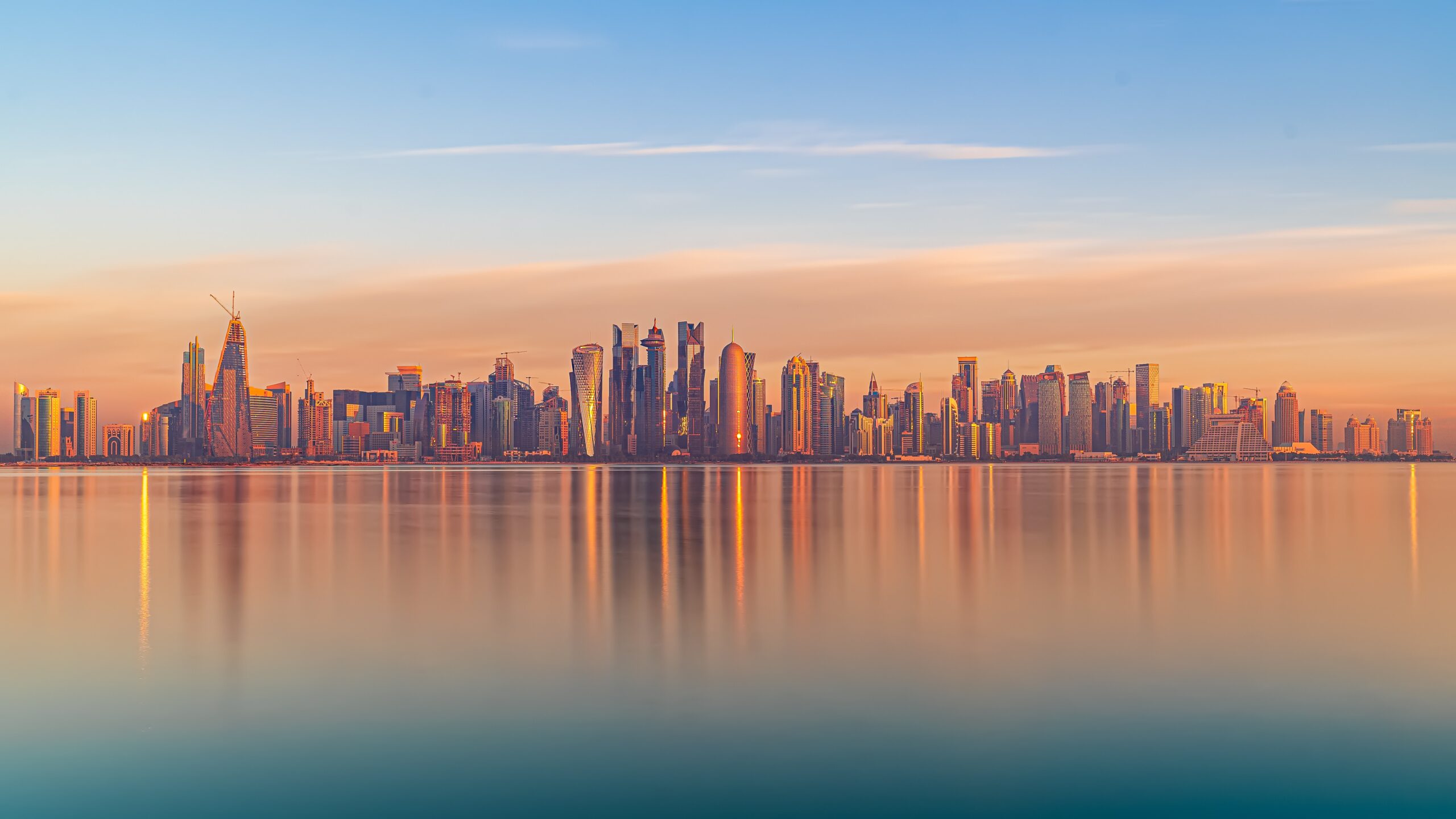A report in the Guardian which claimed that 6,500 migrant workers had died in connection with the World Cup in Qatar has been slammed as “the most pervasive and re-occurring pieces of disinformation.”
Though the actual number of deaths among workers directly linked to construction of World Cup venues is 37, the 6,500-figure splashed across the papers headline became a major source of disinformation on social media, according to Assistant Professor, Marc Owen Jones.
Jones went on to stress that “In disinformation terms, this falls under either ‘misleading content’, ‘false connection’ or ‘false context’. This is a great lesson on how ‘misleading information’ becomes ‘false information’ very quickly. In fact, in this case, the original headline was sensationalist precisely because it wished to invoke such misinterpretations. Otherwise, why publish the figure?”
Blankspot had the opportunity last month to meet and interview with construction workers from Nepal who were able to make it out of poverty thanks to the construction working opportunities in Qatar for the 2022 World Cup.
This construction opportunity was so beneficial for these migrant workers that many are finding themselves on their way back to Doha for the second, third, and even fourth time, attracted by the promise of quick cash.
Suresha Nepal is a construction worker from Nepal who has worked in the building of Doha stadiums since 2013. This is now the fourth time Suresha is finding himself on his way back to Doha to work on the construction of the stadiums. Not only will this be the fourth time Suresha is making his way to Qatar, but his younger brother will also be joining him to work in a shopping mall in Doha.
“I’ve worked in construction in Doha since 2013. Qatar is a beautiful country with a good government,” he says happily. The upcoming trip to the Gulf will be his fourth two-year stint, and he doesn’t think his younger brother, family and friends have anything to worry about. “My younger brother does not have to be scared. He’s also going to work in a shopping mall, so nothing dangerous there. Qatar is a great country. The best!”
Suresha views the 2022 FIFA World Cup as an attractive opportunity for more of his fellow countrymen to get jobs and help many find their way out of poverty.
Before Suresha parted ways with Blankspot, he proudly showed his ID cards from Kuwait, Saudi Arabia and Malaysia, flashing them open like a poker hand. He’s worked there too.
“Of those countries, I chose Qatar. That’s the best,” says Suresha as he taps on his ID issued in Doha.
Max Tuñón, Head of the International Labour Organization in Doha stressed that ‘now workers can negotiate for better conditions’, thanks to the Kafala system.
“Earlier this year, we commissioned a survey among 1,000 low-wage workers, and found that 86% of respondents felt that the labour reforms had positively affected their lives. Now workers can negotiate for better conditions, and employers are incentivised to provide them in order to attract and retain talent. Legislation has also been introduced on the minimum wage, on protecting outdoor workers during the summer months, and on the election of migrant worker representatives within companies” said Max.
Over the past five years, the Qatari government has engaged closely with the International Labour Organization, international trade unions, NGOs and others. Notably, staff from the global unions are based with us here in Doha, raising awareness among workers, and helping them to resolve the problems they face.
![]()
